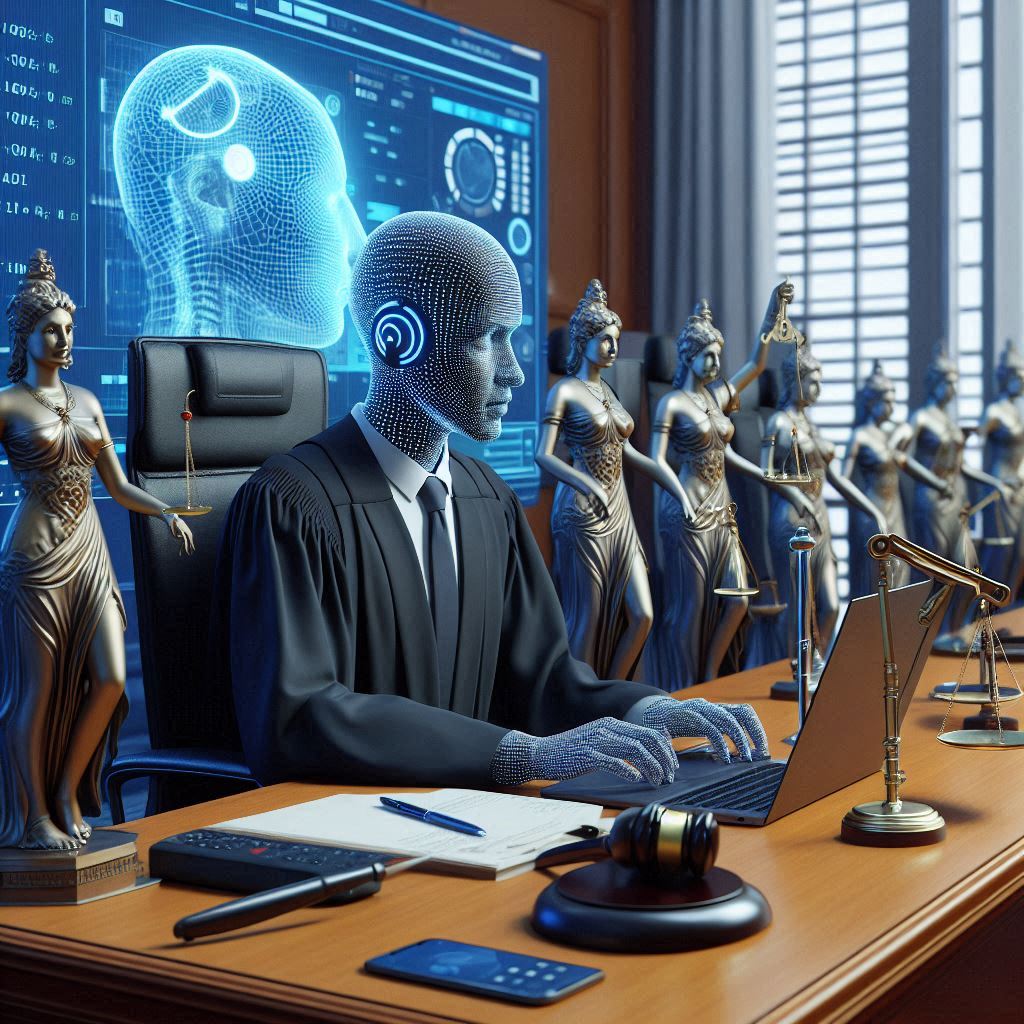
India is piloting a new initiative to integrate AI tools into its court systems, with the aim of improving efficiency and reducing delays in judicial proceedings. The project, currently underway in Delhi, is exploring the use of advanced technology, including a speech recognition system that converts spoken testimonies into text.
This hybrid court project seeks to address the shortage of stenographers by employing a speech-to-text facility. Traditionally, courts rely on stenographers who use shorthand or specialized equipment to transcribe spoken words. The new AI tool, leveraging speech recognition and large language models, will display real-time text for judges, allowing for quicker reference and review during court proceedings.
Justice Manmohan, the acting chief justice of the Delhi High Court, highlighted the potential impact of this technology. "As a chief justice, the biggest problem that I face is that all judges are requesting a large number of stenographers and there is not enough pool available,” he noted. “This will solve the problem to a large extent because once the speech-to-text facility is available, especially with regard to the recording of evidence by the joint registrars and by the district judiciary, this will ensure that quite a big pool of stenographers becomes available for other purposes.”
In addition to the speech-to-text tool, the pilot project includes a desktop application for converting physical documents into digital formats. Eventually, all district courtrooms in Delhi are expected to adopt these hybrid facilities, with 14 pilot projects currently in progress.
While the initiative has generated excitement, Justice Manmohan also cautioned about the potential misuse of AI to circumvent or break the law. India joins a growing list of countries enhancing their judicial systems with AI technology. For instance, China has been utilizing AI tools in its courts since 2022, incorporating machine learning-powered "smart court" screens to display legal references and recommendations.
In the U.S., attempts to develop AI-based legal representation have encountered challenges. For example, a legal services company’s "AI lawyer" faced restrictions due to courtroom rules against electronic devices.
Supreme Court Chief Justice John Roberts has acknowledged the benefits of AI for judges, but emphasized that AI will not replace the judicial role.